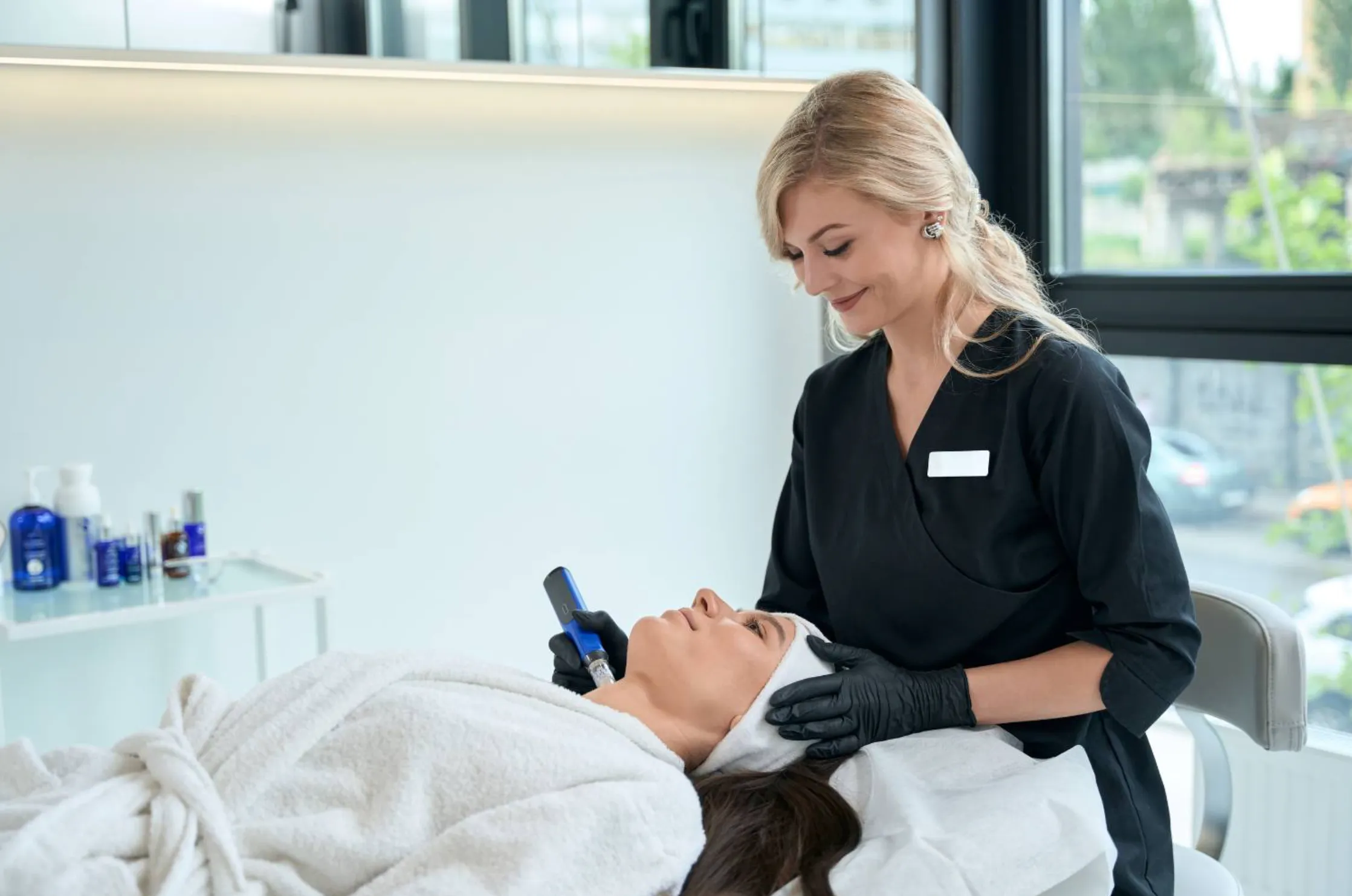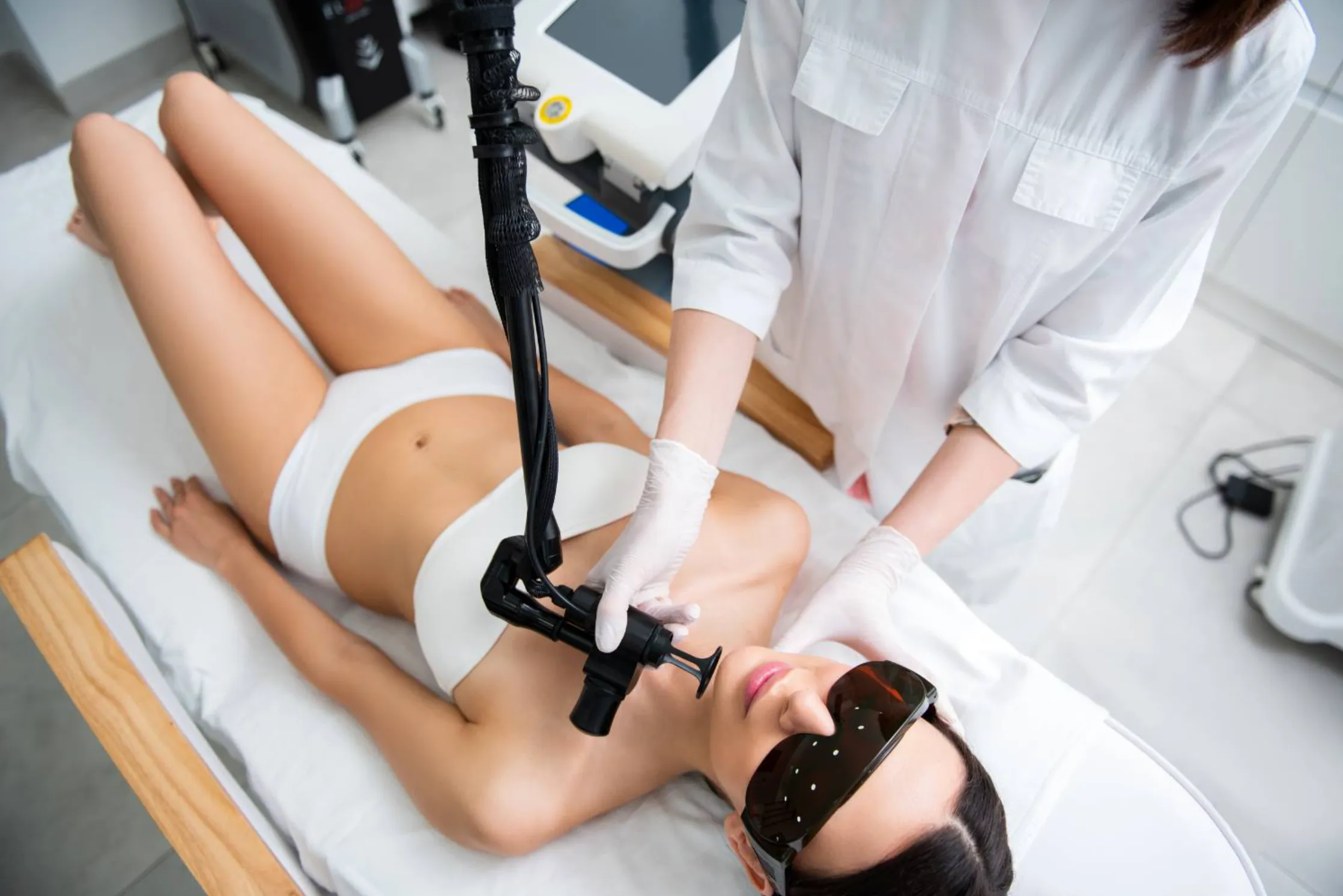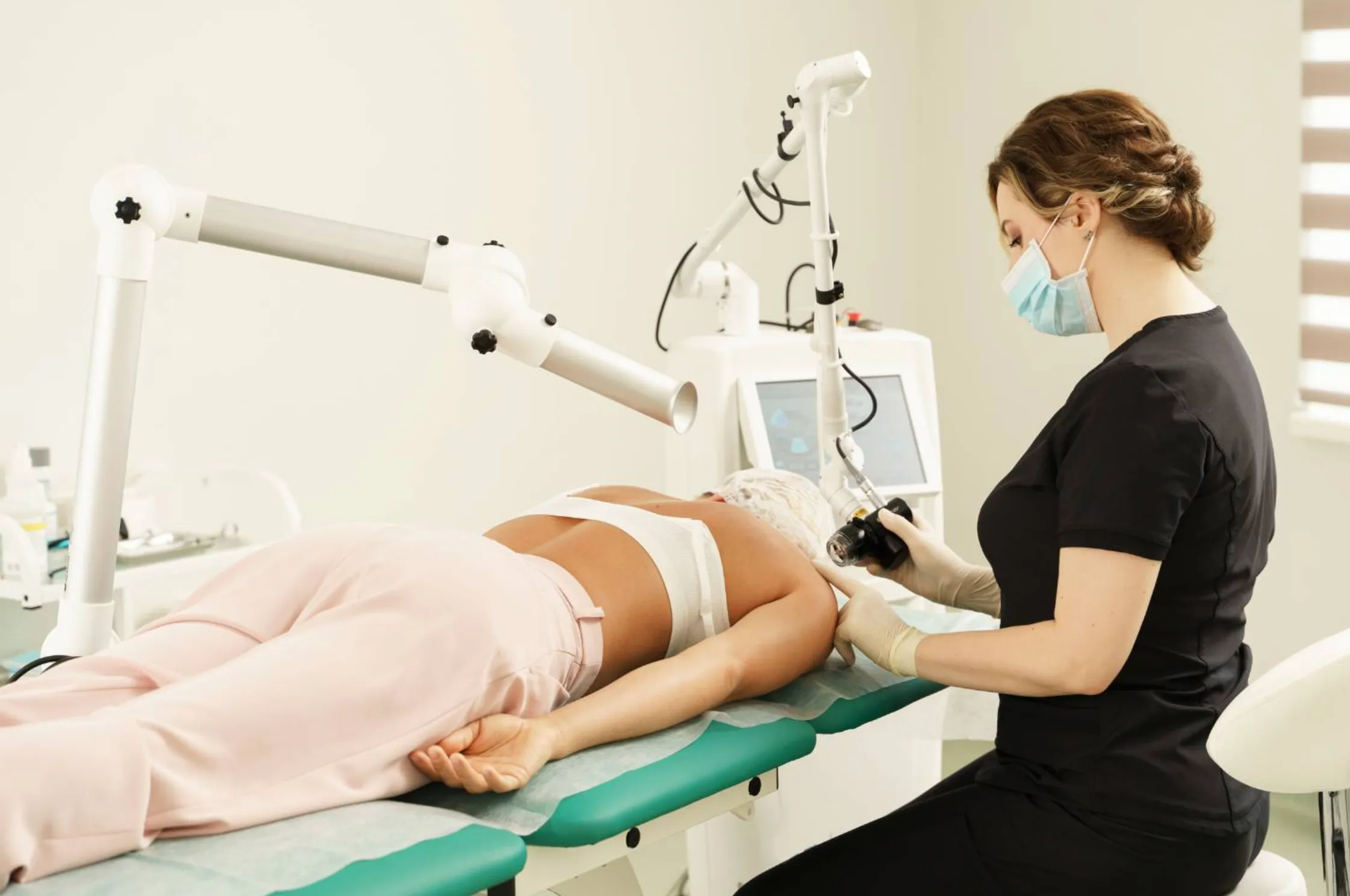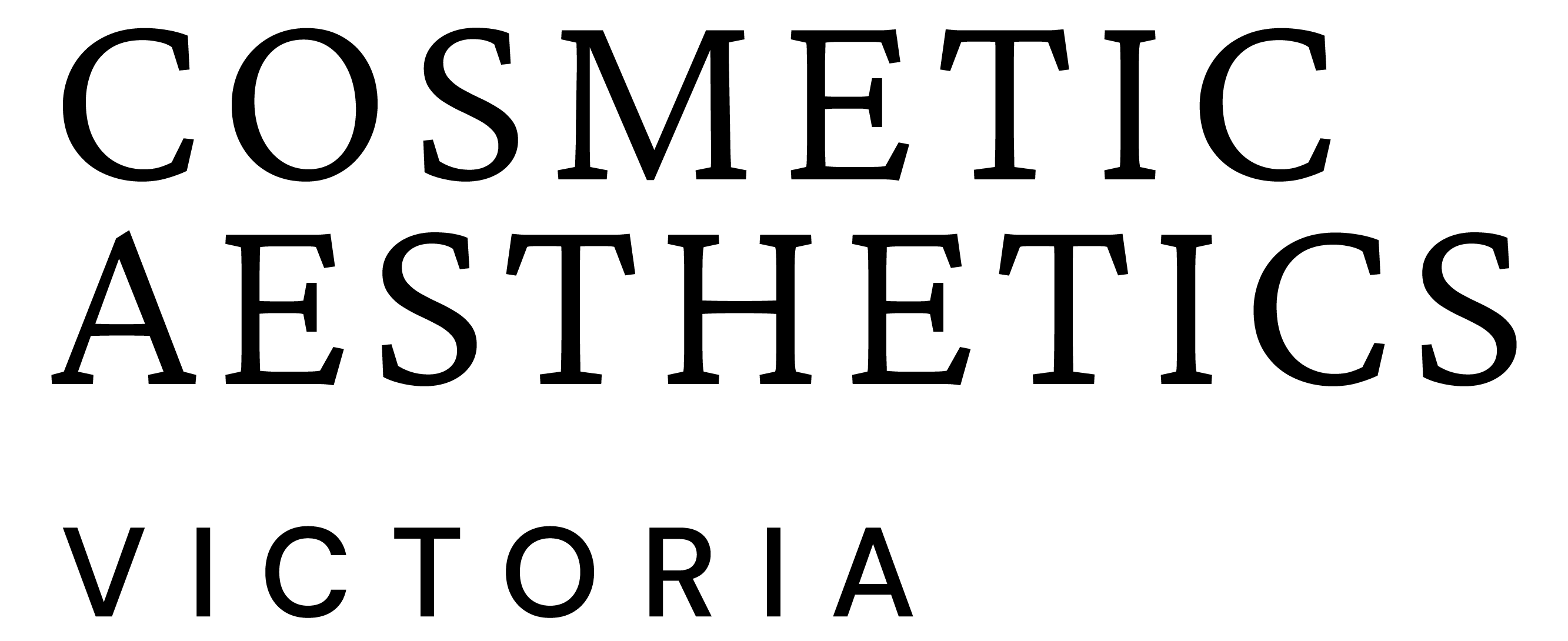
Can You Get Laser Hair Removal In Summer?
Yes, laser hair removal can be done in the summer. However, there are a few things to consider before jumping in for your treatment.
As a practitioner who’s worked in the field for years, I’ve seen many clients ask, “Is it safe to get laser hair removal during the hotter months?” The short answer is yes. In fact, modern advancements in laser technology have made it possible to safely undergo treatments throughout the year, even when the sun is out and the temperature rises. But, as with most things in life, it’s all about how you manage your skin before and after treatment.
Why Summer Raises Concerns: Sun Exposure And Skin Sensitivity?
Laser hair removal works by targeting melanin, the pigment in your hair follicles, with light energy. But here’s where it gets tricky in the summer: sun exposure. The melanin in your skin also absorbs the laser’s energy, which is fantastic for hair removal, but problematic if you’ve been out in the sun too much.
I remember a client who came in for a session just after a beach weekend. Her skin had that lovely summer glow—except, as we know, it wasn’t just a glow; it was a tan. As much as I wanted to treat her, I had to advise that she wait. Sun exposure increases melanin levels in the skin, which can lead to complications like burns, pigmentation changes, or worse, uneven results. This can make it harder for the laser to differentiate between your skin and the hair, potentially leading to adverse outcomes.
The key is to give your skin some time to recover and to follow pre- and post-treatment guidelines.
How Sun Exposure Affects Laser Hair Removal Results?
One of the biggest risks of laser hair removal in the summer months is sunburn or recent tanning. If you’ve been lounging by the pool, enjoying the warmer weather, or even working outdoors, your skin could be more vulnerable.
Here’s the scenario I always think of when talking to clients about this: Imagine having a freshly sunburnt skin patch and then getting treated with a laser. The laser’s energy is designed to be absorbed by the melanin in the hair, but if your skin is tanned, the risk is that the laser could target the melanin in the skin itself. This can lead to a bad reaction, like dark spots (hyperpigmentation) or lighter spots (hypopigmentation). It’s like trying to avoid splashing paint on your clothes but somehow ending up with more stains on them than you intended.
For those of us in Australia, where the sun can be harsher, it’s important to protect your skin with sunscreen even when you’re not actively treating it. Tanned skin simply requires more caution when it comes to laser hair removal. So, if you’ve been spending time in the sun, it’s better to postpone your treatment until your tan has faded completely.

Pre-Treatment Guidelines: How To Prepare For Laser Hair Removal In Summer?
Planning ahead for your treatment is the name of the game, especially in the summer. It’s crucial to prep your skin properly, so here’s a checklist that I recommend to my clients before they sit down for their sessions:
Pre-Treatment Sun Exposure Guidelines
- Avoid Sun Exposure for 2-4 Weeks Prior to Treatment
- If you’ve been out in the sun, give your skin time to rest. I typically advise at least two weeks of no direct sun exposure before your session. If you’ve had a recent tan, it may be better to wait four to six weeks.
- Use sunscreen regularly, even on cloudy days, and avoid the use of tanning beds.
- If you’ve been out in the sun, give your skin time to rest. I typically advise at least two weeks of no direct sun exposure before your session. If you’ve had a recent tan, it may be better to wait four to six weeks.
- No Self-Tanners
- Those lovely bronzing products you use at the beach? Put them away for a couple of weeks before your appointment. If you’ve used a self-tanner, it’s important to ensure it’s completely washed off. This is because the artificial tan can mimic the melanin in the skin and lead to complications.
- Those lovely bronzing products you use at the beach? Put them away for a couple of weeks before your appointment. If you’ve used a self-tanner, it’s important to ensure it’s completely washed off. This is because the artificial tan can mimic the melanin in the skin and lead to complications.
- Shave, Don’t Wax or Tweeze
- Shaving is the best option when it comes to hair removal prior to your treatment. Waxing or tweezing will interfere with the laser’s ability to target the hair follicle. So, for those of us who love a good wax before a treatment, hold off on that and stick to shaving instead.
Does Summer Heat Impact Laser Hair Removal Effectiveness?
When it comes to the effectiveness of laser hair removal, one of the most common questions I get is: Does the summer heat make a difference? The answer is nuanced. While summer heat doesn’t directly affect the laser’s ability to target hair follicles, it can affect your skin’s sensitivity and overall reaction to the treatment.
Imagine it: you’re out in the sun, enjoying a beach day, and you’re all of a sudden dealing with high temperatures and humidity. Your skin becomes more sensitive and is already in a heightened state. This makes it more prone to irritation after your laser session, which is why heat exposure immediately following the treatment can lead to complications such as redness, discomfort, or even blistering in some cases.
Additionally, increased sweating can also complicate the healing process. Sweat can clog pores, which may slow down your skin’s ability to recover. As with many other treatments, patience is key—allow your skin to cool down and heal properly before exposing it to further heat.
While cooler seasons like winter offer fewer sun exposure concerns, it’s possible to manage and mitigate risks by following proper care instructions during summer. The laser itself remains effective; it’s your post-treatment care and environmental factors (like sun exposure and heat) that require more attention.
Laser Hair Removal In Summer Vs Winter: What’s The Difference?
It’s no secret that summer brings longer days and brighter sunshine, but this change in seasons means some unique challenges for laser hair removal. On the other hand, winter presents its own benefits and drawbacks. So, how do the two compare?
| Factor | Summer | Winter |
| Sun Exposure | High risk — increased UV exposure can lead to complications | Low risk — easier to avoid sun, reducing chances of pigmentation issues |
| Skin Sensitivity | Increased due to heat, sun, and sweating | Lower sensitivity, but the skin can become dry and flaky |
| Recovery | Slower due to heat, sweat, and potential irritation | Typically smoother, less-sweating aids healing |
| Clothing | More skin exposed — harder to protect treated areas | More skin covered — easier to shield areas from the sun |
| Moisture Levels | Humidity may cause irritation or folliculitis | Dry air can dehydrate skin — regular moisturising is essential |
| Treatment Comfort | Potential discomfort due to the skin being warm and exposed | Cooler weather makes treatment and recovery more comfortable |
Is Summer Laser Hair Removal As Effective As Winter?
While summer laser hair removal can be just as effective as in the cooler months, the success of your treatment really boils down to how well you follow pre- and post-treatment care. Laser technology itself has improved significantly, and advanced lasers are now safe to use year-round, even on tanned skin. That said, sun protection is a must. If you can manage your sun exposure and stick to the guidelines, there’s no reason why summer couldn’t be a great time to start or continue your laser hair removal treatments.
Laser Hair Removal Sun Exposure Risks: What To Avoid And How To Stay Safe?
Sunburn And Laser Hair Removal: A Dangerous Combination
If there’s one thing you absolutely need to avoid after your laser hair removal session in the summer, it’s sunburn. Sunburnt skin is irritated and fragile, making it more susceptible to the laser’s effects, which can lead to severe burns, scarring, or pigmentation changes.
Let’s talk about a scenario I’ve experienced with a few clients who were eager to get started on their laser hair removal journey despite a recent trip to the beach. I had one client who had gone hiking and gotten sunburned a few days prior. Despite her enthusiasm, I had to advise against treatment because laser hair removal on sunburnt skin can lead to permanent damage.
Remember, don’t skip the sunscreen. Even if you’re just heading out for a walk or to run errands, protect your skin at all times. After a session, you’ll want to keep it covered to avoid exposing it to direct sunlight.
How To Protect Your Skin After Laser Hair Removal In Hot Weather?
It’s easy to think that skipping sunscreen or wearing clothing isn’t necessary because you’re just running to the shops. However, every bit of sun exposure counts, especially on freshly treated skin.
Here’s how to keep your skin protected:
- Use Broad-Spectrum Sunscreen
Apply a high SPF (SPF 30-50+) sunscreen and reapply every two hours, especially if you’re sweating or swimming.
- Wear Protective Clothing
Try wearing loose, breathable fabrics that cover the treated areas. Lightweight long sleeves, pants, or a wide-brimmed hat can go a long way.
- Avoid Direct Sun
Try staying indoors, especially during peak sunlight hours, from 10 AM to 4 PM.

Post-Treatment Care: How To Manage Skin Sensitivity And Achieve The Best Results In Summer
After laser hair removal, your skin can be more sensitive than usual. Managing this sensitivity in the summer is key to healing and getting the best results. Here are some essential tips that I recommend to clients:
Stay Hydrated
Hydration is often overlooked in the rush of summer activities. But remember: your skin heals better when you’re hydrated. Drink plenty of water to help keep your skin feeling cool and soothed.
Don’t Overheat
It can be tempting to jump in a pool or have a hot shower to cool off after a treatment, but these activities can further irritate your skin. Stick to lukewarm water and avoid saunas or hot tubs for 48 hours after treatment.
Use Soothing Products
Opt for gentle, fragrance-free moisturisers to hydrate your skin. Products with aloe vera can also help cool the treated area and reduce inflammation.
How To Protect Your Skin After Laser Hair Removal In Hot Weather?
After your session, you’ll want to make sure you give your skin the best care possible, especially with the summer heat. The first 7-14 days post-treatment are crucial for protecting your skin.
Post-Treatment Sun Exposure Guidelines
- Avoid Direct Sun Exposure for 2 Weeks After Treatment
- This is a big one! I always tell my clients to avoid sun exposure for at least two weeks after their session. If you must go outdoors, cover up with clothing or use a broad-spectrum sunscreen. SPF 30+ is recommended, but some practitioners suggest SPF 50+ for extra protection.
- This is a big one! I always tell my clients to avoid sun exposure for at least two weeks after their session. If you must go outdoors, cover up with clothing or use a broad-spectrum sunscreen. SPF 30+ is recommended, but some practitioners suggest SPF 50+ for extra protection.
- Hydration is Key
- Laser treatments can leave your skin feeling a bit sensitive, so stay hydrated. Drink plenty of water, and use a gentle moisturiser to keep your skin calm. I also recommend applying cooling gels (like aloe vera) to soothe any redness or irritation after the session.
- Laser treatments can leave your skin feeling a bit sensitive, so stay hydrated. Drink plenty of water, and use a gentle moisturiser to keep your skin calm. I also recommend applying cooling gels (like aloe vera) to soothe any redness or irritation after the session.
- Avoid Heat-Inducing Activities
- Avoid things like hot showers, saunas, and vigorous exercise for at least 24-48 hours post-treatment. Your skin will be more sensitive, and you don’t want to aggravate it by exposing it to heat too soon. I can’t stress this enough—treat your skin like it’s on a mini-vacation!
After all that’s been said, the answer is clear: Yes, laser hair removal is safe in the summer, but like most things, it requires some additional care. While you can absolutely undergo laser hair removal during the warmer months, it’s essential to follow specific precautions to ensure both safety and effectiveness.
The biggest challenge in summer is, of course, the sun. Whether you’re lounging at the beach, spending time outdoors, or simply running errands, keeping your skin protected from harmful UV rays is paramount. Sunburn or recent tanning can lead to unwanted side effects, like pigmentation changes, skin irritation, or even burns. The key to success is proper sun protection before and after your treatment, including broad-spectrum sunscreen, protective clothing, and staying hydrated.
As someone who’s worked closely with clients over the years, I can’t stress enough the importance of being proactive. Summer laser hair removal can be as effective as winter treatments, but only if you’re mindful of your skin’s sensitivity and take the necessary steps to avoid sun exposure. If you stick to the guidelines, you’ll be able to enjoy smooth, hair-free skin with minimal risk.

